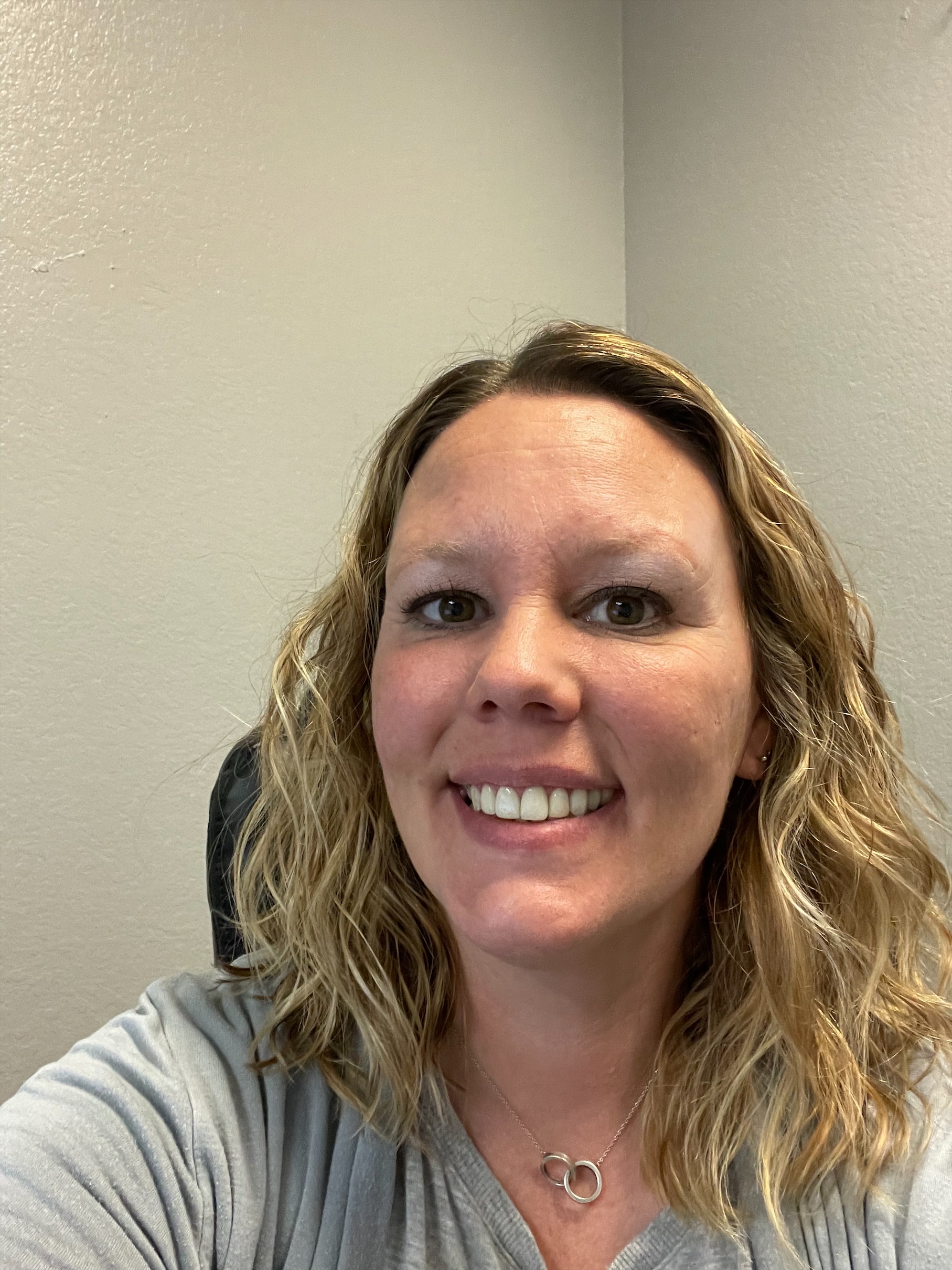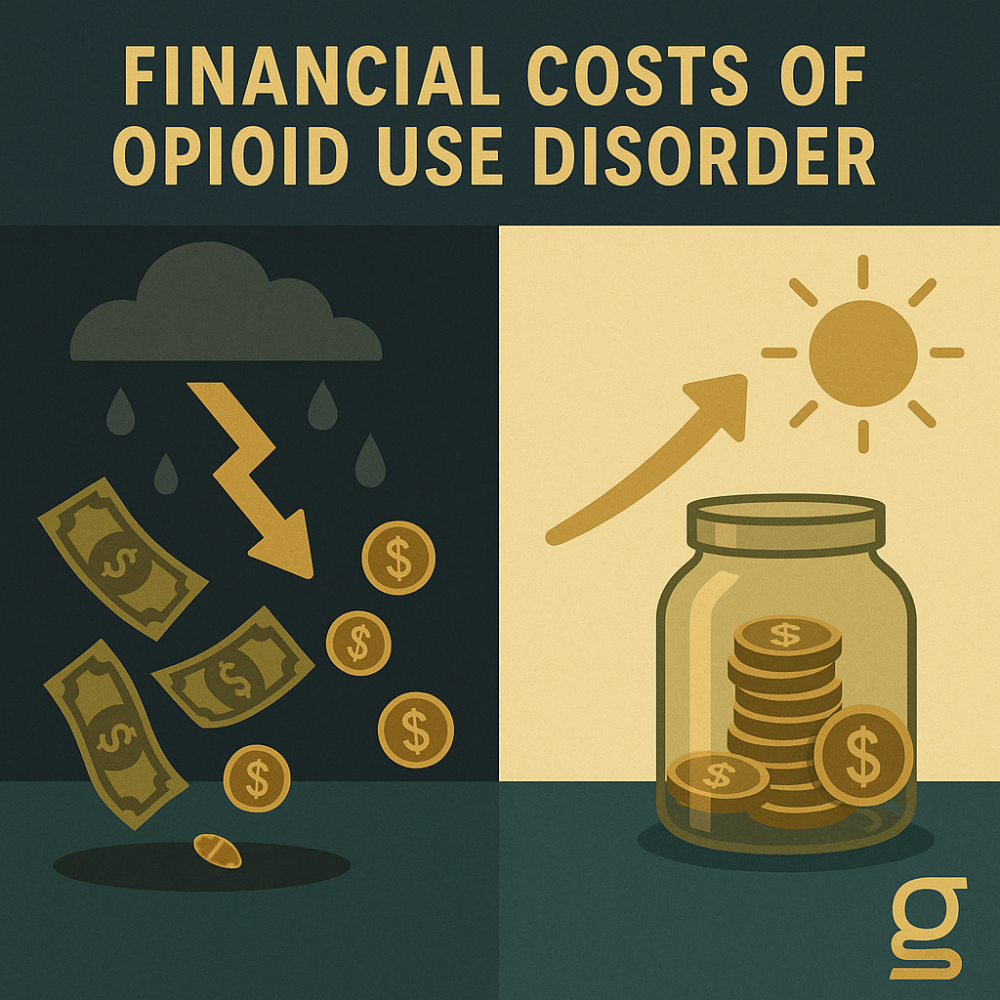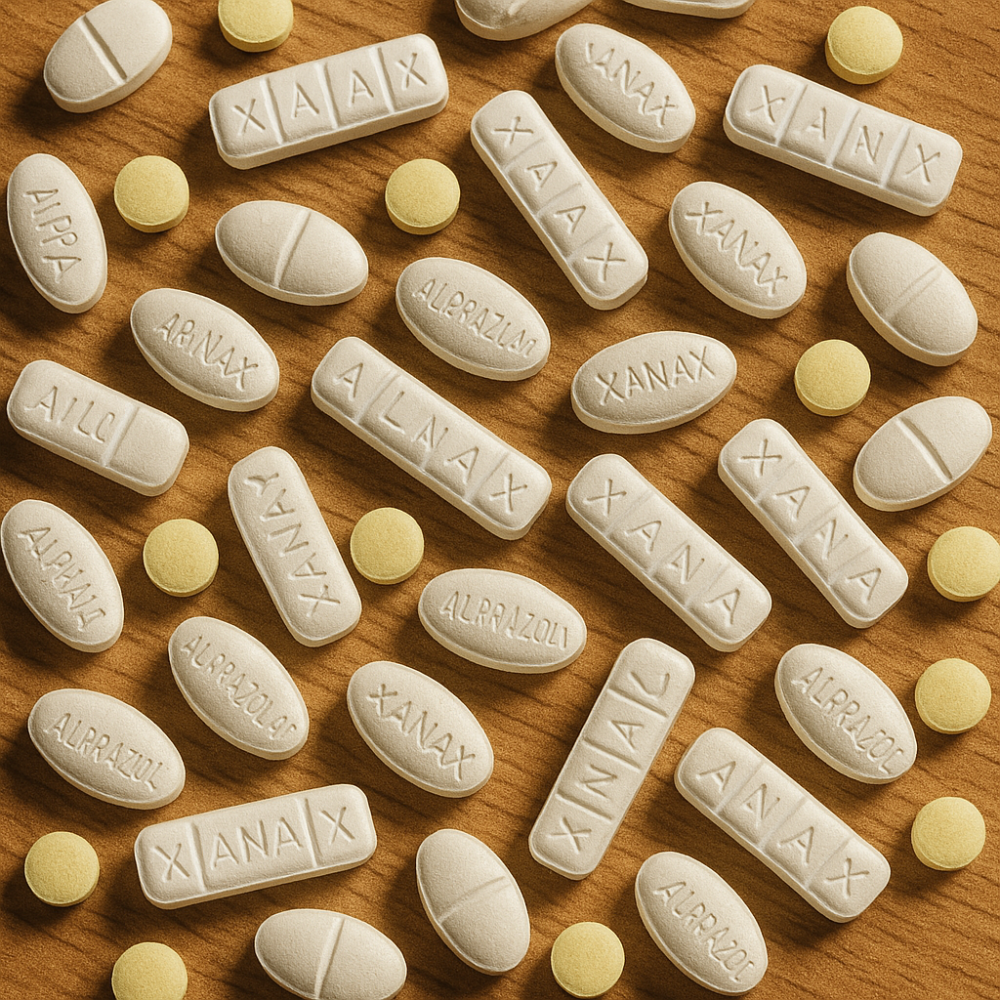What Is Xylazine?
Xylazine is a non-opioid sedative and analgesic initially developed for use in veterinary medicine. Xylazine is primarily used as a tranquilizer for large animals such as horses, deer, and cattle.
However, in recent years, xylazine has found its way into the illicit drug market, where it is often mixed with other substances like heroin and fentanyl to enhance their effects. This has led to an emerging xylazine epidemic, where more and more individuals are using the drug recreationally and experiencing dangerous side effects.
Other Names for Xylazine
Xylazine is known by various street names, which include:
- Tranq dope
- Horse tranquilizer
- Sleep cut
- Serenity
- Zombie dope
These names often reflect the drug’s veterinary origins and its sedative effects.
The Dangers of Fentanyl Mixed with Xylazine
The combination of xylazine and fentanyl has become a significant public health concern. Both drugs pose a high risk of overdose, and when used together, pose an even greater risk of dangerous side effects or a lethal overdose.
The US Drug Enforcement Administration issues Public Safety Alerts to warn the public about emerging threats to the safety and health of the American people. In September 2021, the DEA issued a Public Safety Alert about the lethality and availability of fentanyl-laced fake prescription pills. This alert was updated in November 2022, stating that six out of ten fentanyl-laced fake prescription pills contain a potentially lethal dose of fentanyl. The addition of xylazine only makes matters worse.
The presence of xylazine in the drug supply has been detected in 48 states and the District of Columbia, raising further alarm among authorities. When mixed with fentanyl, a powerful synthetic opioid, xylazine can exacerbate the already deadly effects of fentanyl. This can lead to severe respiratory depression, unconsciousness, and even death.
The risk of overdose from fentanyl and xylazine increases due to their synergistic effects, which can result in more profound respiratory depression than either drug alone. Narcan will not reverse the effects of Xylazine. As xylazine gains prevalence in the illicit drug market, its unknown presence in counterfeit prescription pills poses a grave risk to people who may be unaware of the potentially lethal substances they are ingesting.
In addition to the heightened risk of overdose, xylazine itself can cause a range of side effects, including:
- Drowsiness and sedation
- Hypotension (low blood pressure)
- Bradycardia (slow heart rate)
- Respiratory depression
- Vomiting and aspiration
- Respiratory disease
- Unconsciousness
- Death by overdose
These side effects can be life-threatening, particularly when combined with other potent substances like fentanyl. Thus, it’s crucial to be aware of the dangers associated with the use of xylazine and fentanyl, both individually and in combination, and protect oneself and others from the risks they pose.
What to Do When Someone Overdoses on Xylazine or Fentanyl
If you suspect that someone has overdosed on xylazine, fentanyl, or a combination of the two, it is essential to act quickly. Time is of the essence in overdose situations, and immediate intervention can save a life.
Here are the steps to take when faced with a potential overdose:
- Call 911: Report the overdose and provide as much information as possible, including the person’s age, weight, symptoms, and any known substances they may have taken.
- Administer Naloxone: Naloxone, also known as Narcan, is a medication that can reverse the effects of an opioid overdose. If available, administer naloxone according to the instructions on the package. NOTE: Narcan will not reverse the effects of Xylaxine.
- Monitor the person’s breathing: Overdoses involving xylazine and fentanyl can cause respiratory depression, which may lead to death. Keep an eye on the individual’s breathing and be prepared to perform rescue breathing if necessary.
- Stay with the person: Do not leave the individual alone. Stay with them until emergency medical help arrives.
- Provide information: When emergency responders arrive, provide them with as much information as possible about the situation and the substances involved.
How to Get Help with Xylazine and/or Fentanyl Addiction
If you or someone you know is struggling with xylazine and/or fentanyl addiction, it is crucial to seek professional help. The treatment process typically begins with detoxification, which helps individuals safely withdraw from the substances they are addicted to. Detox should be carried out under medical supervision to manage withdrawal symptoms and reduce the risk of complications such as precipitated withdrawal.
Gallus Detox specializes in addiction recovery from substances including fentanyl and xylazine. Using our proprietary AMI protocol, which combines oral medication with IV therapy for detox, Gallus provides a safer and more comfortable environment for detoxification. Our clients experience 42% fewer withdrawal symptoms and a reduced average stay of 7 days.
Following detox, a comprehensive rehabilitation program is essential to address the underlying causes of addiction and teach coping strategies to maintain sobriety. Treatment may include individual therapy, group therapy, and family counseling, as well as evidence-based approaches such as cognitive-behavioral therapy (CBT) and dialectical behavior therapy (DBT). In some cases, dual diagnosis treatment may be necessary to address co-occurring mental health disorders alongside substance use disorders.
Continuing care and support after the initial rehab period is crucial to long-term recovery. This may involve participation in 12-step programs or other support groups, ongoing therapy, and regular check-ins with healthcare professionals.
Understanding the Dangers of Xylazine
Xylazine is an emerging epidemic that poses significant dangers, especially when mixed with fentanyl. It is essential to be aware of the risks associated with xylazine use and how to respond in the event of an overdose.
If you or someone you know is struggling with xylazine and/or fentanyl addiction, seeking professional help through a facility like Gallus Detox can provide the necessary tools and support for a successful recovery journey.


 Steve B
Steve B 

 Casey Wilson
Casey Wilson